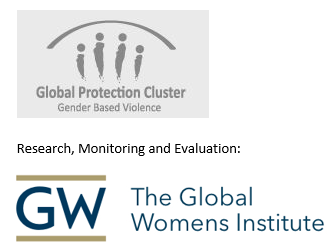- Building staff capacity and accountability requires ongoing work and can be encouraged through some of the following.
- ‘Shadowing’: Job shadowing is a training technique in which a new employee observes someone already in the position for a period of time, before they start to take on the responsibilities of the role.
- Leadership skills: Working with staff members to encourage and strengthen leadership skills can have a big impact on the way a programme is managed and implemented. Leaders have confidence in themselves and others, and demonstrate determination and courage and this is reflected in their daily activities and approach to their work. Building leadership skills also includes strengthening essential communication skills such as listening, questioning, influencing, giving and receiving feedback, handling conflict, and facilitating.
- Staff meetings: Good meetings are vital to a team. They make all the difference between a motivated and dynamic group that works well together – and is more effective—and one that feels lethargic and lost. There are many tips and tools for increasing participation and satisfaction during the meetings, including ‘go-around’, talking sticks, energisers, dividing into smaller groups, etc. (See Seeds for Change website).
- Supervision: Working on VAWG is emotionally demanding. As well as being alert to the emotional well-being of its staff and volunteers, supervisors much ensure that staff members are not trying to resolve problems for the survivors and communities, as opposed to working with them to find resolutions. Supervision should be based on job descriptions, performance standards, and systems of accountability but includes ongoing training support, coaching, mentoring, teaching and guidance (Vann, 2002). Supervision methods include (bullets excerpt from Vann, 2002, pg. 40):
- Individual discussions with each staff member: asking questions, listening, observing, advising, teaching, coaching, and mentoring.
- Facilitated debriefing sessions after particularly difficult or frustrating cases.
- Regularly scheduled staff meetings that include informal discussions and continuing education.
- Specific and enforced policies and procedures that ensure staff security and set professional boundaries.
- Performance review and feedback every three months or at least annually.
- Modeling of professional behavior and effective problem solving.
- Organized sports and competitions.
- Work and on-call schedules rotated to accommodate 24-hour, 7-day emergency availability and ensure time off.
